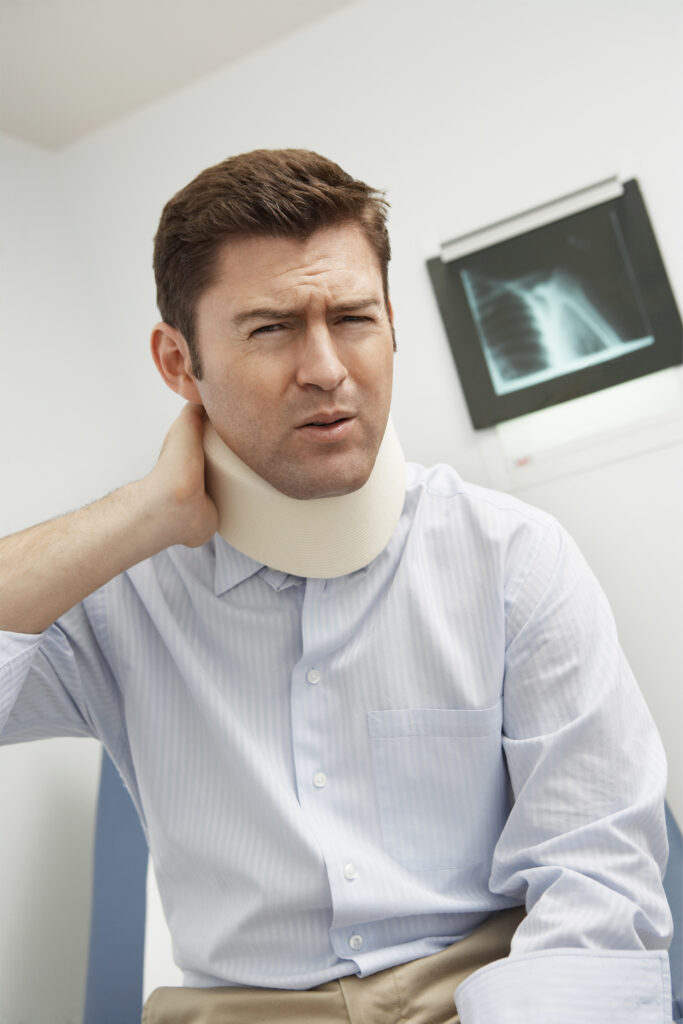The personal injury case process
Personal Injury Process in Kentucky
When we meet new personal injury clients they often ask us what the personal injury case process is like, and what to expect in the coming days and months. This is a great question. While no two cases are exactly the same, listed below is how a personal injury case might proceed through the courts:

1. Meet with an attorney and evaluate the case
Your first step is to talk to a skilled and experienced personal injury attorney. You’ll talk about the facts of your case. You’ll also make sure you still have time to file your case. If you have grounds to recover under the law, your attorney helps you proceed.
2. File the case in court
Next, it’s time to file your case in court. The first court documents are called a summons and complaint. The complaint includes the names and contact information of all of the parties involved. You state the reason that the court has jurisdiction to hear the case.
You describe the facts of the case and give the legal grounds for your recovery. You state what you’re asking the court to do, which is usually to order the other side to pay you money or pay insurance benefits. You file the complaint in the proper court, and serve a copy on all of the other parties.
3. Discovery and motions
The next step is to gather information about the case and prepare for trial. You might have to answer questions in writing or at a deposition. You might meet with doctors and accident reconstruction experts. Your attorney might contact witnesses. If your attorney has pretrial requests for the court, there might be court dates. There might also be status conferences in the court to check on the progress of the case.
4. Settlement attempts
Most cases involve some kind of attempt to settle the case before trial. Sometimes these are informal conversations between the lawyers. Other times, this is a formal process with an arbitrator or mediator. Your attorney can give you guidance as to whether to accept a settlement in your case.
5. Trial
If you don’t resolve your case, it heads to trial. A jury hears statements from the attorneys. The attorneys question witnesses, and present evidence. At the end of trial, the jury makes a decision about who’s at fault, and what each side should pay or receive. After trial, you may appeal the case or seek to enforce the court’s judgment.
LET OUR EXPERIENCE GUIDE YOU
Call now to get a Free Consultation!
